At the workshop “Healthy development of consumer credit, pushing back “black credit” on July 18, Deputy Governor of the State Bank of Vietnam Doan Thai Son said that the total outstanding loans for living and consumption reached about 2.8 million billion VND, equivalent to 20% of the total outstanding credit of the entire economy . 16 credit institutions (CIs) with large outstanding consumer loans currently have over 30 consumer credit products.
Deputy Governor Doan Thai Son said that consumer credit activities still have limitations and face many challenges. Recently, criminals have taken advantage of the social network environment, organizing many groups to spread propaganda and instruct each other on how to avoid paying debts to credit institutions. Impersonating and fraudulent companies have affected consumer credit activities.
Talking about this situation, Ms. Mai Thi Trang, Deputy Director of the Monetary Policy Department (SBV), said that on social networks, there are many groups and private groups posting articles and videos that entice and instruct on how to "default on debt" when borrowing through credit institutions, causing many loans to be transferred to the bad debt and difficult-to-collect debt group.
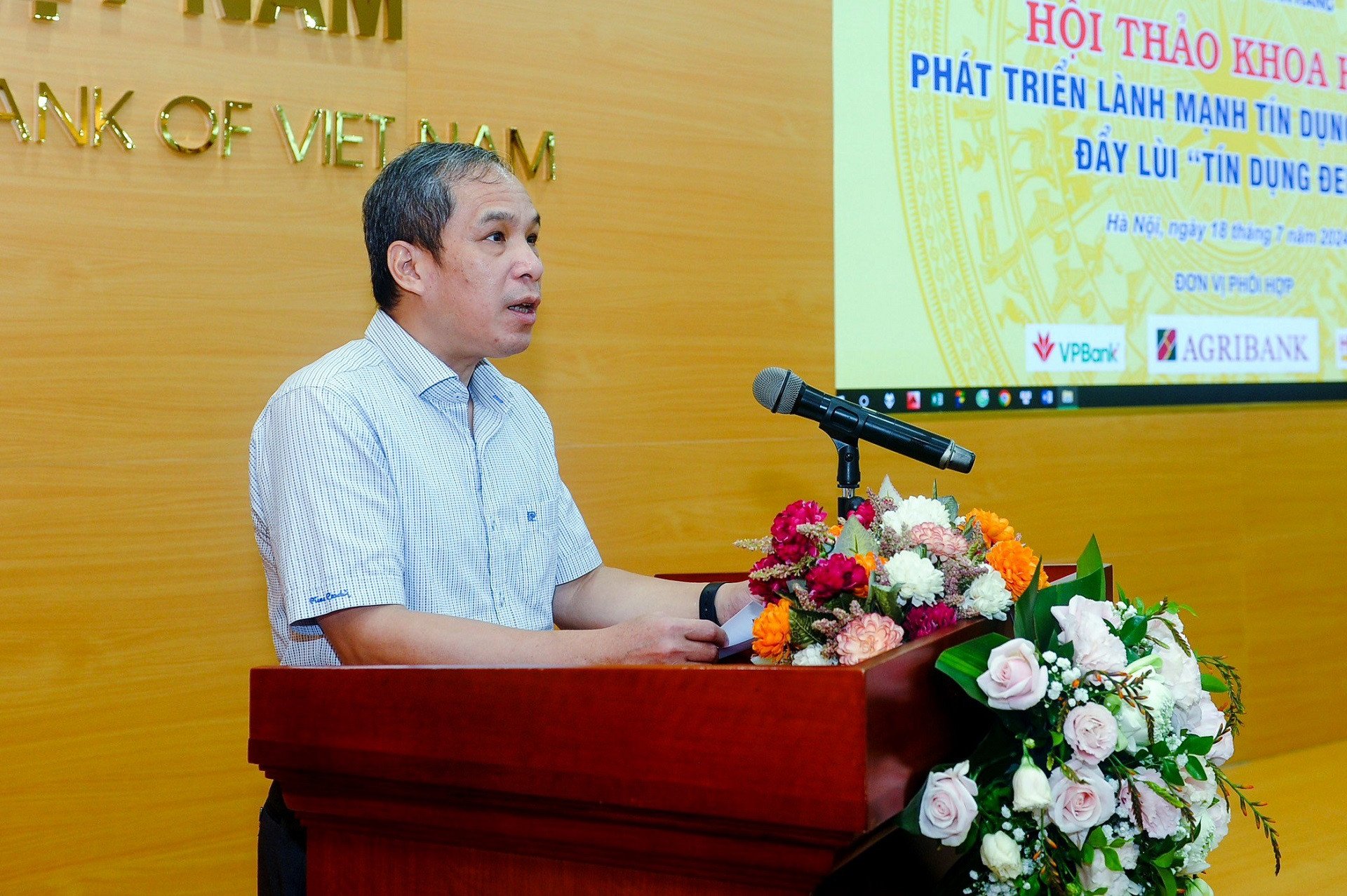
Dr. Nguyen Thi Hien, Deputy Director of the Institute of Banking Strategy, said loan sharks set up front companies to conceal their criminal activities, impersonating banks and financial companies to defraud and appropriate assets.
“In addition to having to protect themselves from the risk of their image and reputation being damaged, financial companies and banks also have to deal with the related legal impacts. Meanwhile, borrowers join groups that “invite each other to default on debt” leading to illegal actions, causing difficulties for banks and financial companies,” said Ms. Hien.
According to Ms. Hien, many people are not yet fully aware of the consequences of not paying their debts or letting their debts become overdue. People tend to be more aware of the direct consequences, such as being held legally responsible, having their credit cards blocked, etc., but are more blind to the long-term or indirect consequences, such as having difficulty borrowing next time, being affected by their credit scores, and having to pay interest and late fees.
In addition, Ms. Mai Thi Trang said that consumer lending activities face many difficulties such as urgent consumer loan needs often have difficulty proving the purpose of capital use and debt repayment ability. The target customers are usually low or middle income workers, without collateral, so credit risks and loan interest rates are higher, potentially posing a risk of bad debt.
People in remote areas still seek out loan sharks and "black credit", which has led to many disputes and affected the reputation of consumer finance companies because borrowers mistakenly believe that the lenders are credit institutions;...
According to Ms. Trang, in the coming time, the State Bank will continue to direct credit institutions to concentrate capital sources, promptly and fully meet the people's legitimate loan needs; promote the application of science and technology, develop online lending and payment services, and reform administrative procedures, simplify loan processes and procedures to create conditions for all classes of people to easily access official credit sources with reasonable interest rates.
The State Bank will also continue to review and complete regulations on lending activities to serve living needs, consumer lending and the legal framework guiding the application of information technology and digitalization of consumer credit activities, meeting practical requirements for developing consumer finance activities.
Source: https://vietnamnet.vn/nguoi-vay-keo-nhau-vao-hoi-nhom-bung-no-he-luy-khong-chi-ngan-hang-ganh-2303475.html



![[Photo] Bustling Mid-Autumn Festival at the Museum of Ethnology](https://vphoto.vietnam.vn/thumb/1200x675/vietnam/resource/IMAGE/2025/10/4/da8d5927734d4ca58e3eced14bc435a3)

![[Photo] Solemn opening of the 8th Congress of the Central Public Security Party Committee, term 2025-2030](https://vphoto.vietnam.vn/thumb/1200x675/vietnam/resource/IMAGE/2025/10/4/f3b00fb779f44979809441a4dac5c7df)
![[Photo] General Secretary To Lam attends the 8th Congress of the Central Public Security Party Committee](https://vphoto.vietnam.vn/thumb/1200x675/vietnam/resource/IMAGE/2025/10/4/79fadf490f674dc483794f2d955f6045)



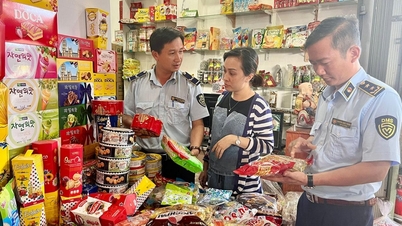





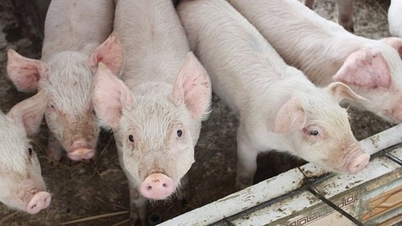





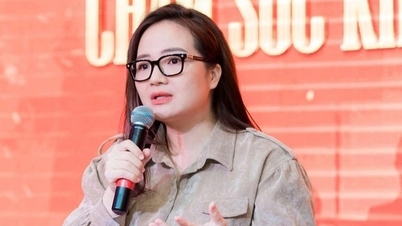
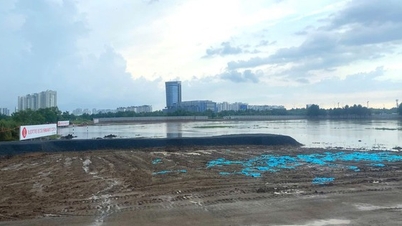

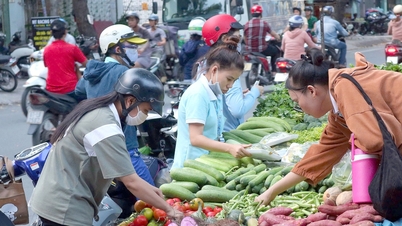












![[Infographic] Notable numbers after 3 months of "reorganizing the country"](https://vphoto.vietnam.vn/thumb/1200x675/vietnam/resource/IMAGE/2025/10/4/ce8bb72c722348e09e942d04f0dd9729)






















![[VIDEO] Summary of Petrovietnam's 50th Anniversary Ceremony](https://vphoto.vietnam.vn/thumb/402x226/vietnam/resource/IMAGE/2025/10/4/abe133bdb8114793a16d4fe3e5bd0f12)
![[VIDEO] GENERAL SECRETARY TO LAM AWARDS PETROVIETNAM 8 GOLDEN WORDS: "PIONEER - EXCELLENT - SUSTAINABLE - GLOBAL"](https://vphoto.vietnam.vn/thumb/402x226/vietnam/resource/IMAGE/2025/7/23/c2fdb48863e846cfa9fb8e6ea9cf44e7)

















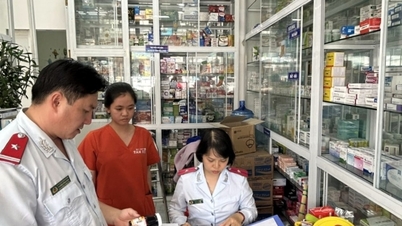





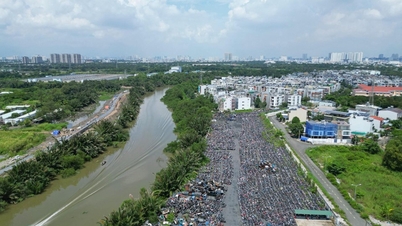


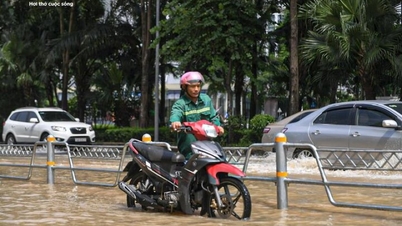





Comment (0)